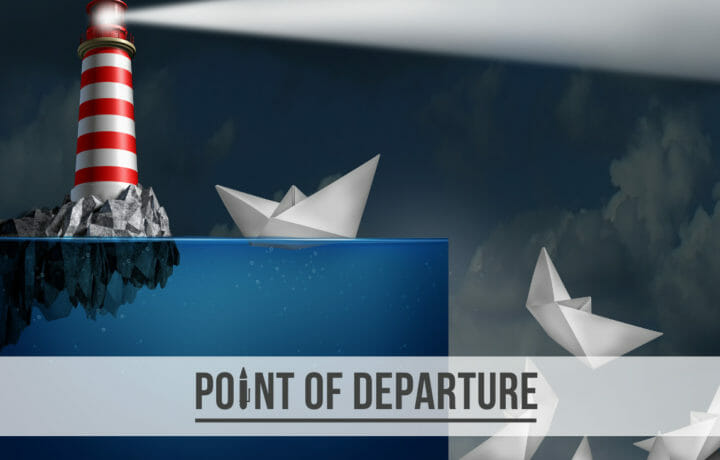“No enemy is worse than bad advice.”—Sophocles
As moments go, it was memorable. In the midst of dealing with a problematic subordinate officer, the chief of staff let loose with screaming barrage of profanity that included a few phrases that were new even to me. After dismissing him, the chief looked over at me and said, “Let me give you some advice. You probably don’t have a lot of experience disciplining combat arms officers. The only way to get through to them is to yell.” After a short pause, he added, “You need to yell more.”
Years later, I still look back on that moment and laugh. Not because it was a particularly funny moment, but because the advice was so hilariously bad. I learned long ago to restrain my temper; if you have to yell to get people to do something, then you have other problems that might take precedence. Yelling also signals a loss of emotional control that can undermine your effectiveness as a leader. Yelling also tends to make a bad situation worse by adding stress to an already tense encounter. I’ve yelled twice in the past 30 years. I just don’t do it.
In my personal annals of bad advice, that one ranks among the worst. But it is by no means the only piece of bad advice I’ve received. There are times when such advice is so obviously bad that it’s easy to ignore, but other times I’m not always as sure. Fortunately, I rarely accept advice at face value, preferring to reflect on it over time. Over the years, that’s probably saved me from doing something I would later regret, although it surely annoyed someone who honestly believed they were sharing good advice.
Bad Advice is Everywhere: My Top Five
Frankly, we’re surrounded by people offering bad advice. The “sure thing” stock a broke family member insists that you invest in. Someone who pushes you to buy a house sight unseen off a website. Your buddy who swears it’s perfectly safe to eat street food in a third-world country (that’s how I got dysentery, if you’re interested). So, how do you break down the worst advice? For me, the list is short, but definitive.
1. “Writing is a waste of time. No one will read what you write, anyway.”
This gem was the product of a former commander who deeply opposed the idea of leaders writing about their wartime experiences. As a result, a year of combat wisdom was lost that could have been shared with those who followed in our footsteps.
2. “If you took yourself more seriously, you’d go far.”
I am who I am. Equal parts smartass, cynic, and self-deprecator. I know when to turn it off, as well as when to turn it back on. What I’m not going to do is go through life being the dead stick in the office. And I did alright for myself in the end (better than the person who offered this advice, too).
3. “Your operations orders aren’t long enough. The brigades want orders that are at least 100 pages long.”
Said the G-3 as I pecked away at a five-paragraph order. I’ve never met a brigade commander who wanted more than three things from a higher headquarters order: task, purpose, and intent. Throw in a little context, sprinkle some intelligence around, and add the necessary resources. You can tell them to suck eggs, just don’t tell them how to do it. And keep it short.
4. “If you want to be successful, every other assignment should be in the Pentagon.”
I wanted to be successful. Who doesn’t? It’s not as if we chart a career path to failure. But I didn’t want to be that successful. I’ve been to the Pentagon. I’ve seen the faces of the people who wander the halls like the FOB zombies at Ali Al Salem. If that’s your jam, more power to you.
5. “You read too much for your own good. Nobody likes a know-it-all.”
To be fair, this piece of advice came from the same person who urged against professional writing. I could have filled a green notebook with the bad advice he produced on a near-daily basis. It was like spending my days with George Costanza; my mistake was allowing my true nature (see the quote above about taking myself seriously) to bleed out during those moments. People offering what they believe to be sage advice do not tend to react well to snorts, sighs, and scoffs. By the way, you should read early and often. It’s actually a good thing.
Examples of Bad Advice Abound
Even a short list has any number of candidates that qualify for honorable mention. “Don’t take a school assignment. It will ruin your career.” It didn’t. “You should look at a civilian career. You aren’t Army material.” I did: nearly 30 years later. “The later you stay [at work], the better you look.” And… no. For many of us, the bad advice starts to flow early and never stops. In the end, we have more examples than space to share them. And, if you’ve read this far, it’s probably because you’re thinking of a particularly bad piece of advice you received. Go ahead. Talk it out.




